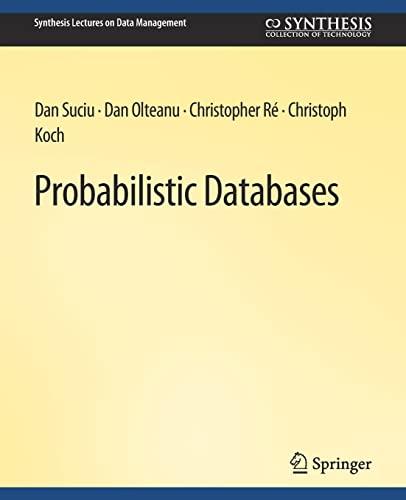Question
convert this c++ code into java // C++ implementation of worst case linear time algorithm // to find k'th smallest element #include #include #include using
convert this c++ code into java
| // C++ implementation of worst case linear time algorithm // to find k'th smallest element #include #include #include using namespace std;
int partition(int arr[], int l, int r, int k);
// A simple function to find median of arr[]. This is called // only for an array of size 5 in this program. int findMedian(int arr[], int n) { sort(arr, arr+n); // Sort the array return arr[n/2]; // Return middle element }
// Returns k'th smallest element in arr[l..r] in worst case // linear time. ASSUMPTION: ALL ELEMENTS IN ARR[] ARE DISTINCT int kthSmallest(int arr[], int l, int r, int k) { // If k is smaller than number of elements in array if (k > 0 && k <= r - l + 1) { int n = r-l+1; // Number of elements in arr[l..r]
// Divide arr[] in groups of size 5, calculate median // of every group and store it in median[] array. int i, median[(n+4)/5]; // There will be floor((n+4)/5) groups; for (i=0; i median[i] = findMedian(arr+l+i*5, 5); if (i*5 < n) //For last group with less than 5 elements { median[i] = findMedian(arr+l+i*5, n%5); i++; } // Find median of all medians using recursive call. // If median[] has only one element, then no need // of recursive call int medOfMed = (i == 1)? median[i-1]: kthSmallest(median, 0, i-1, i/2); // Partition the array around a random element and // get position of pivot element in sorted array int pos = partition(arr, l, r, medOfMed); // If position is same as k if (pos-l == k-1) return arr[pos]; if (pos-l > k-1) // If position is more, recur for left return kthSmallest(arr, l, pos-1, k); // Else recur for right subarray return kthSmallest(arr, pos+1, r, k-pos+l-1); } // If k is more than number of elements in array return INT_MAX; } void swap(int *a, int *b) { int temp = *a; *a = *b; *b = temp; } // It searches for x in arr[l..r], and partitions the array // around x. int partition(int arr[], int l, int r, int x) { // Search for x in arr[l..r] and move it to end int i; for (i=l; i if (arr[i] == x) break; swap(&arr[i], &arr[r]); // Standard partition algorithm i = l; for (int j = l; j <= r - 1; j++) { if (arr[j] <= x) { swap(&arr[i], &arr[j]); i++; } } swap(&arr[i], &arr[r]); return i; } // Driver program to test above methods int main() { int arr[] = {12, 3, 5, 7, 4, 19, 26}; int n = sizeof(arr)/sizeof(arr[0]), k = 3; cout << "K'th smallest element is " << kthSmallest(arr, 0, n-1, k); return 0; } |
Step by Step Solution
There are 3 Steps involved in it
Step: 1

Get Instant Access to Expert-Tailored Solutions
See step-by-step solutions with expert insights and AI powered tools for academic success
Step: 2

Step: 3

Ace Your Homework with AI
Get the answers you need in no time with our AI-driven, step-by-step assistance
Get Started


